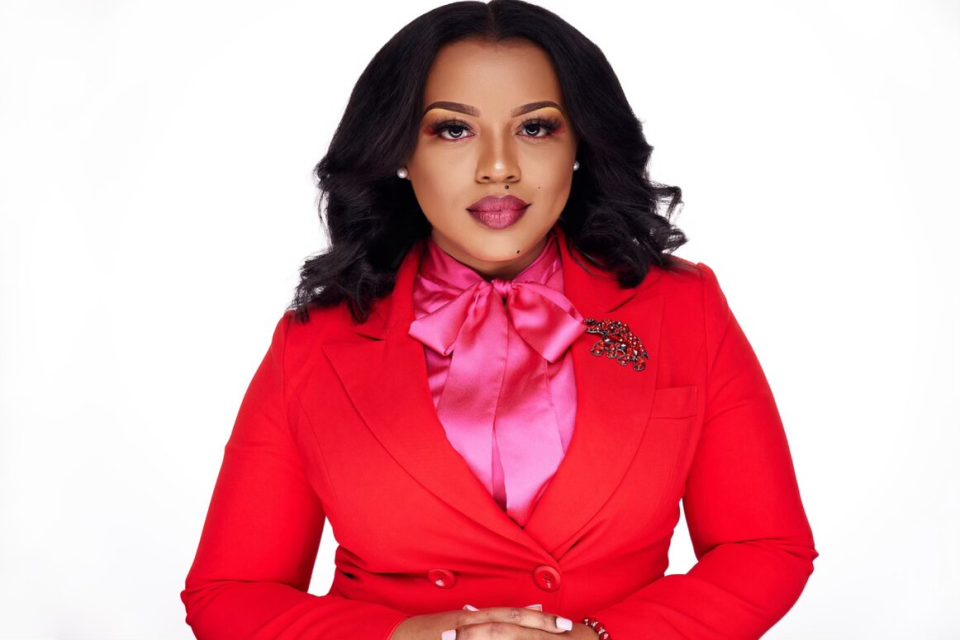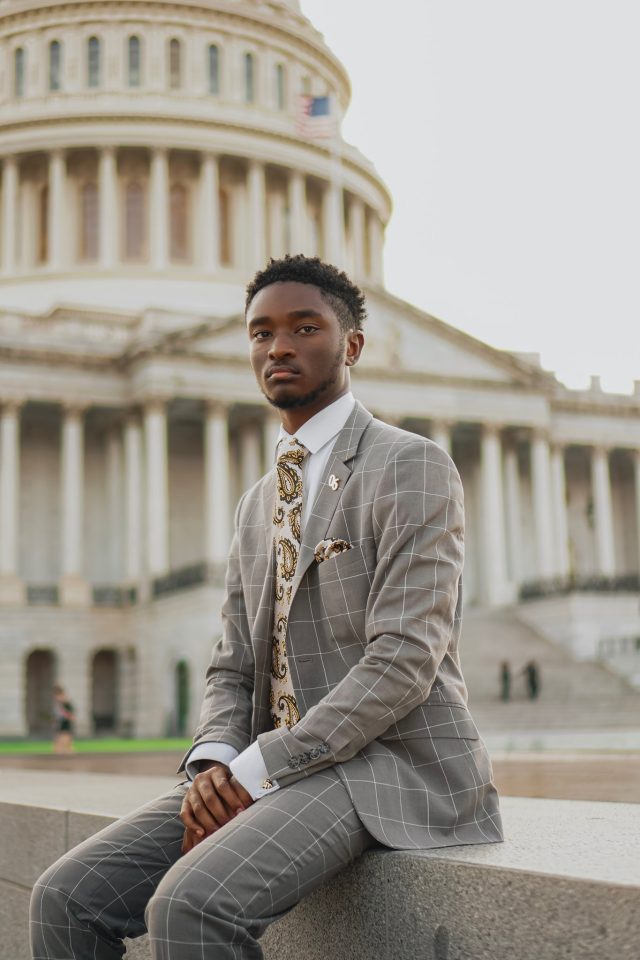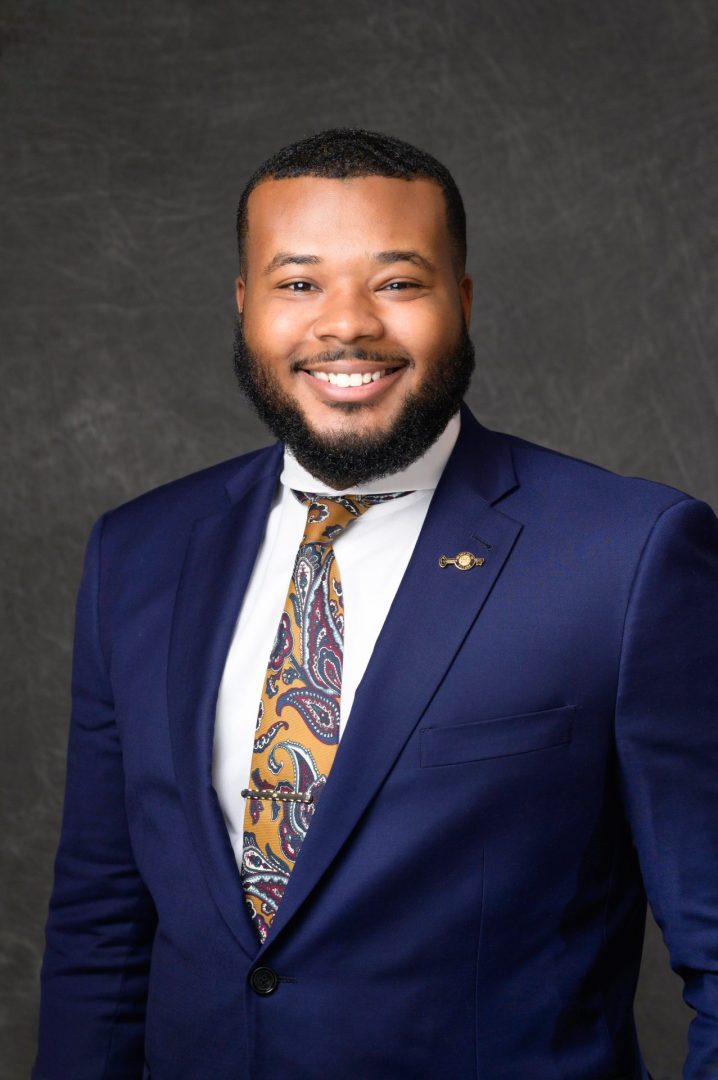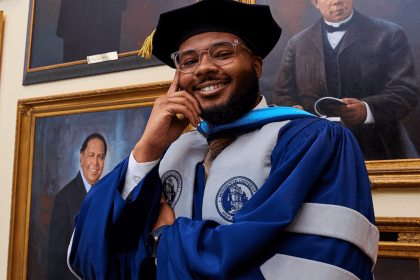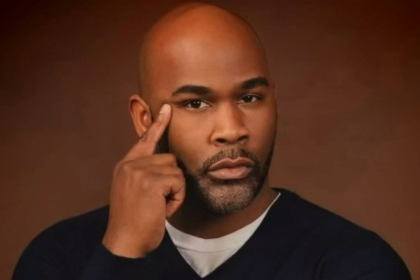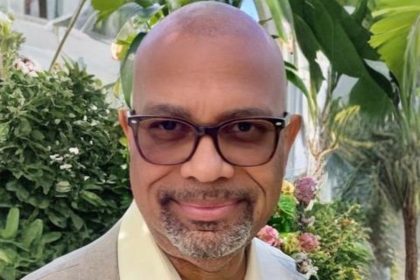Dr. Keon N. Berry is an award-winning expert in education, dynamic social justice advocate and speaker, ordained minister, and international children’s book author. The Ivy League graduate is a professor at Morehouse College, where he researches and advocates for low-income, Black, and minority groups. In a recent conversation with two emerging HBCU student leaders, RJ Jackson, SGA President at Morehouse College, and Simone Moales, SGA President at Spelman College, the importance of voter engagement on college campuses was discussed. Both students have used their platforms to encourage voting across the country, stressing the impact of mobilizing young Black voices in this pivotal election.
Voting is so much more than just casting a ballot.
At colleges and universities, particularly HBCUs, it’s an opportunity to empower Gen Z students to exercise their fundamental civic duty and legal right, a right their ancestors fought for. Moreover, it’s a way to remind them of their power to impact the communities around them and the world at large. However, this call to action requires intentional and strategic engagement by faculty and staff.
As RJ Jackson, SGA President at Morehouse, put it, “Voting is our human right and fundamental duty to get out, make our voices heard, and beat them at the ballot box.” His words call attention to an ongoing need to support young voters, especially at HBCUs, where historical context, community connection, and a unique cultural ethos all play a role in shaping civic responsibility. While many students at HBCUs may feel a deep sense of social responsibility, not all are inherently politically active. Jackson emphasized the importance of students being “met where they are at” and faculty bridging the gap by initiating essential but sometimes difficult conversations, fostering spaces where political conversations feel both relevant and palatable.
Along those lines, Simone Moales, SGA President at Spelman College, added that having a “why” is a crucial motivator for young voters this election season. For Simone, her civic engagement is rooted in both her family and her faith. Reflecting on her journey, she shared, “My vote has always been more than a ballot. It’s a statement about the future I envision for myself and others.” This perspective underscores a selfless and powerful truth: voting is an act of agency and vision – much larger than one person. This vision is often shaped by the ideals of social justice and collective uplift, values that resonate deeply across AUC and HBCU campuses.
Faculty and staff can support students in connecting their vote to this broader vision by integrating practical voter engagement activities into campus life. Hosting panels featuring alums who work in public policy, holding seminars and lectures exploring local government’s impact, or facilitating town halls where students can dialogue with elected officials are all valuable steps. This year, during my annual guest speaker series, Mina Turabi, a political leader and figure in Georgia, guest lectured my course to draw attention to the gravity and impact of local and federal elections. These kinds of events help demystify politics and show students how decisions made by elected officials impact their daily lives.
Furthermore, integrating voting history and the significance of Black political participation into the curriculum can contextualize why students’ votes matter beyond any one election. This includes federal and local elections, and in this regard, faculty can go beyond monotonous, routine voter registration drives by delving into the “why” behind these actions, thereby cultivating more conscious and informed Gen Z voters.
During her address at New Birth Missionary Baptist Church in Stonecrest, Georgia, on October 20, 2024, Vice President Kamala Harris inspired a packed audience with a powerful message on civic engagement. Speaking at the invitation of Dr. Jamal H. Bryant, a distinguished Morehouse alumnus, Harris connected deeply with young leaders from the metro Atlanta area. She passionately reminded the audience that their voices are crucial in shaping policies directly affecting education, healthcare, and economic opportunity. Just as Vice President Harris brought the political conversation to a place of shared community and values, faculty and staff at HBCUs can inspire their students to make voting feel accessible, urgent, and integral to their daily lives.
At this critical moment, colleges, universities, and educational institutions have a vital role in shaping the political landscape by empowering their students to vote. Faculty and staff can provide support structures that alleviate potential barriers to voting. For many students, logistical challenges like voter ID requirements, transportation, absentee ballots, and registration deadlines can discourage voting. By creating accessible resources through interactive workshops, social media campaigns, or partnerships with local organizations, institutions can ensure students have the tools to actively participate in the political process this November.
For more about Morehouse professor Dr. Keon N. Berry, visit www.drkeonberry.com or email [email protected].
